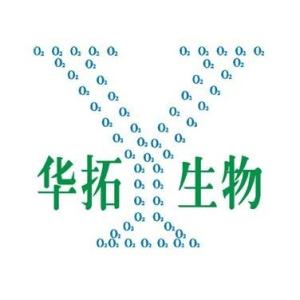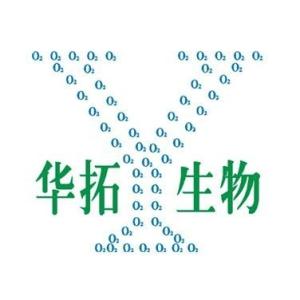- 联系人:丁经理
- 电 话:0755-26055215
- 手 机:13265824656
- 传 真:0755-86372180
- 邮 箱:order@otwobiotech.com
- 地 址:深圳市南山区创业路中兴工业城5栋518

|
- 品牌:Abbiotec
- 产地:美国
- 货号:251110
- 发布日期: 2021-01-15
- 更新日期: 2024-04-25
| 抗体名 | TLR2 |
| 是否单克隆 | 否 |
| 用途范围 | E, IHC, WB |
| 形态 | Each vial contains 0.1 mg IgG in 0.1 ml (1 mg/ml) of PBS pH7.4, 25% glycerol, 1 mg/ml BSA with 0.09% sodium azide. |
| 宿主 | Rabbit |
| 纯度 | % |
| 免疫原 | KLH-conjugated synthetic peptide encompassing a sequence within the C-term region of human TLR2. |
| 产地 | 美国 |
| 品牌 | Abbiotec |
| 货号 | 251110 |
| 保存条件 | -20℃ |
| 应用范围 | E, IHC, WB |
| 保质期 | 一年 |
| 规格 | 0.1mg |
| 产品用途 | 科研 |
| 适应物种 | B H M P R |
| 亚型 | IgG |
| 浓度 | % |
| 是否进口 | 是 |
产品背景
Toll-like receptor family (TLR) has a fundamental role in pathogen recognition and activation of innate immunity. TLRs are highly conserved from Drosophila to humans and share structural and functional similarities. TLRs recognize pathogen-associated molecular patterns (PAMP) that are expressed on infectious agents, and mediate the production of cytokines necessary for the development of effective immunity. Toll-line receptor 2 (TLR2) cooperates with LY96 to mediate the innate immune response to bacterial lipoproteins and other microbial cell wall components. TLR2 acts via MYD88 and TRAF6 to lead to NFkB activation, cytokine secretion and inflammatory response. TLR2 is highly expressed in peripheral blood leukocytes, in particular in monocytes, in bone marrow, in lymph node and in spleen. Genetic variations in TLR2 are associated with susceptibility to leprosy, due to Mycobacterium leprae infection.
别名Alternate Names
Toll-like receptor 2; Toll/interleukin-1 receptor-like protein 4; CD282; TLR2; TIL4
应用说明Application Notes
E: 1:500-1:1,000; WB: 1:100-1:500; IHC: 1:100-1:500
引用文献Product Citations
[1] Gomes FC et al. 2016. Andrology. 4(3): 473-80. PMID 27011054 [2] Garcia PV et al. 2016. BMC Cancer. 16:42. PMID 27389279 [3] Garcia PV. et al. 2015. Int J Clin Exp Pathol. 8(5): 4427-43. PMID 26191134 [4] Stopiglia R et al. 2015. J Cancer Therapy. 6: 129-140. [5] Femia A et al. 2012. PLoS ONE 7(1):e29918. PMID 22242189. [6] Kakuta Y et al. Transplant International. 24(5): 514-522. PMID 21291499. [7] Hua F et al. 2011. Journal of Neuroinflammation. 8: 8-42. PMID 21549006.








